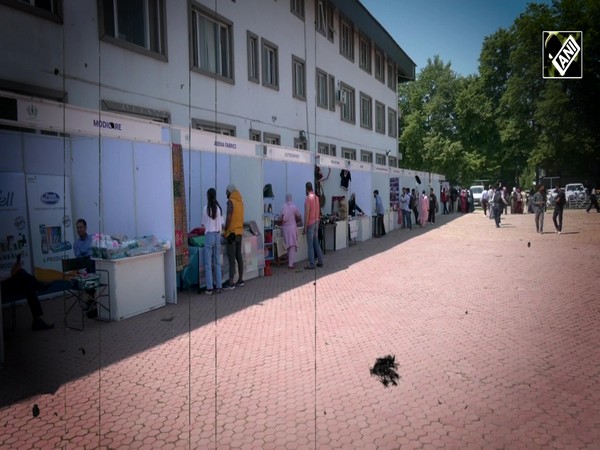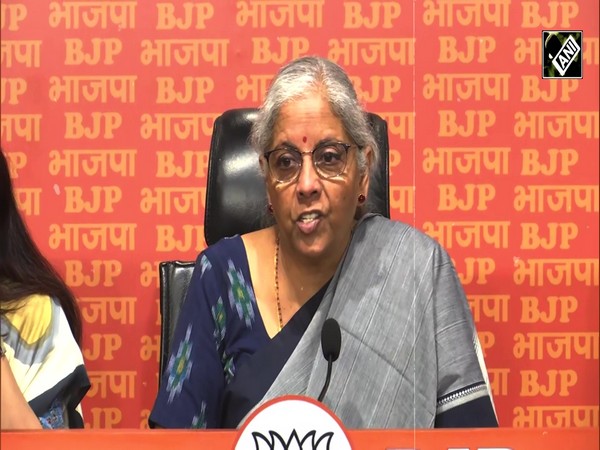Pakistan: Rights activist expresses concern over taxes on contraceptives in IMF deal
Feb 19, 2022

Islamabad [Pakistan], February 19 : Amid fears of a new wave of inflation following Pakistan's deal with the International Monetary Fund (IMF) for USD 6 billion assistance, rights activist expressed concern that an understanding with the global financing institution may also lead to heavy taxes on contraceptive products that could directly affect measures to control population growth in the country.
Rights activist and social worker Shehzad Roy on Friday took to Twitter to appeal ruling Imran Khan-led Pakistan Tehreek-e-Insaf (PTI) government and IMF authorities to address the issue and avoid imposing any tax on such products, Dawn newspaper reported.
"17per cent of couples in Pakistan want to use contraceptives but can't access it. In this situation, a tax on contraceptives will directly affect population growth. I request IMF, Imran Khan, [Finance Minister] Shaukat Tarin to waive off tax and give a strong message that exponentially growing population is a huge issue," Roy tweeted.
"There is a misconception that the duty is only on imported contraceptives and these are used only by the elite class," he said.
"The imported contraceptives include implants and IUDs [intrauterine device]. Implants need to be replaced every five years and intrauterine devices every 12 years. These are long-term reversible contraceptives and are used instead of sterilisation. It's a great convenience as one does not need to see a healthcare provider frequently. In contrast, the methods made locally are pills and injections. A pill has to be taken every day and an injection every one to three months. This means recurrent visits to a healthcare provider," Roy added.
Roy, who's also the UN goodwill ambassador for population and family planning, referred to the last Pakistan Demographic and Health Survey which suggested that 34 per cent of couples in the country were using contraceptive products, Dawn newspaper reported.




















